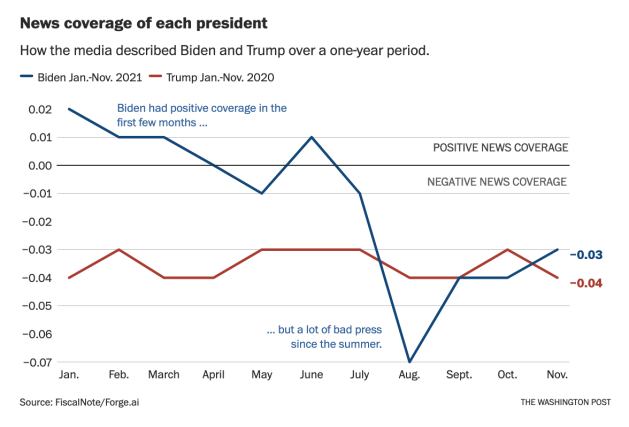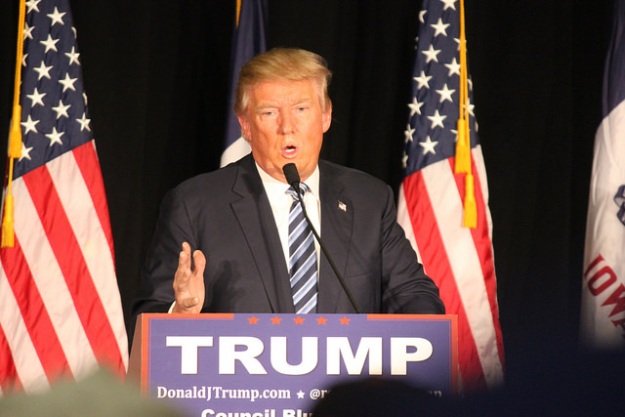
Huey Long in 1935. Photo via the Harris & Ewing Collection at the Library of Congress.
One of the most important books of the Trump era was, and is, “How Democracies Die,” by Steven Levitsky and Daniel Ziblatt. In it, the Harvard political scientists trace how healthy democratic societies are able to fight the contagion of authoritarianism — and what happens when they lose the ability, or the will, to hold the antidemocratic forces at bay.
Among other things, they describe how the Democratic Party machinery prevented the populist demagogue Huey Long’s rise to what might have culminated in the presidency back in the 1930s, in contrast to the Republican Party’s unwillingness to contain Donald Trump in 2016. They also tell us that Italy staved off a right-wing revival at one point when the mainstream conservative party aligned itself with the liberal party in order to freeze out right-wing extremists.
Now Levitsky and Ziblatt are back with a new book, “Tyranny of the Minority: Why American Democracy Reached the Breaking Point.” The Atlantic has a lengthy excerpt, and you should read it if you can. In the excerpt, the authors argue that our Constitution is broken, mainly because it is so difficult to amend. They point out that Norway, their lead example, adopted a constitution as undemocratic as ours in 1814 but amended it 316 times over the next 200 years in order to extend the franchise, eliminate provisions that had empowered a minority of voters over the majority, and the like.
The American requirements for amending the Constitution, by contrast, add up to a nearly insurmountable hurdle. In addition to a two-thirds vote by each branch of Congress, which is not unreasonable, the rules also mandate that three-quarters of the state legislatures approve amendments. As a result, we are stuck with undemocratic provisions such as the Electoral College, under which the president can be elected despite losing the popular vote, and the Senate, which super-empowers small states since every state gets two votes. Indeed, the 14th Amendment, which in some important respects reinvented the United States, never could have been passed at any time other than in the post-Civil War environment, when the North controlled the South.
“With the Republican Party’s transformation into an extremist and antidemocratic force under Donald Trump,” Levitsky and Ziblatt write, “the Constitution now protects and empowers an authoritarian minority.” They add:
In 2016, the Democrats won the national popular vote for the presidency and the Senate, but the Republicans nonetheless won control of both institutions. A president who lost the popular vote and senators who represented a minority of Americans then proceeded to fill three Supreme Court seats, giving the Court a manufactured 6-3 conservative majority. This is minority rule.
Currently the antidemocratic impulse is playing out in Wisconsin in a big way. Earlier this year, voters in Wisconsin elected Janet Protasiewicz, a liberal Democrat, to the state supreme court, thus paving the way for the protection of reproductive rights and at least a partial reversal of the gerrymandering that has given the Republicans wildly disproportionate power in the legislature.
So what are Republican legislators going to do? They’re going to impeach her — except that they’re not actually going to remove her from office, since that would give Democratic Gov. Tony Evers the opportunity to replace her. Instead, they plan to leave her in limbo, still a member of the court but suspended from taking part in the court’s business. As New York Times columnist Jamelle Bouie puts it:
It’s that breathtaking contempt for the people of Wisconsin — who have voted, since 2018, for a more liberal State Legislature and a more liberal State Supreme Court and a more liberal governor, with the full powers of his office available to him — that makes the Wisconsin Republican Party the most openly authoritarian in the country.
We are heading off a cliff, moving closer and closer to authoritarianism in direct contradiction of the will of the majority. And as Levitsky and Ziblatt point out, there’s not all that much we can do about it since we can’t fix the Constitution without the cooperation of those who are benefiting from keeping things the way they are. God help us all.







